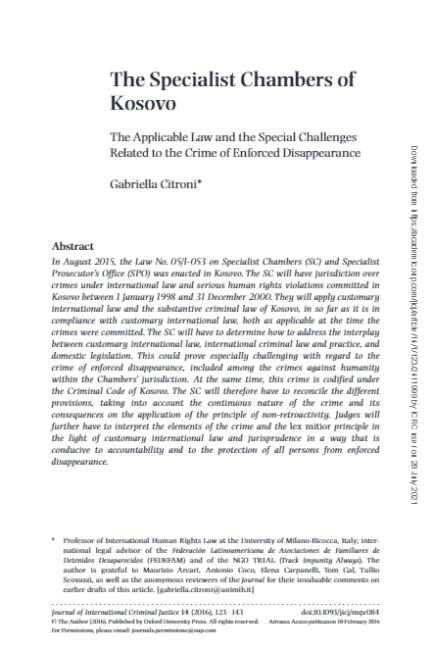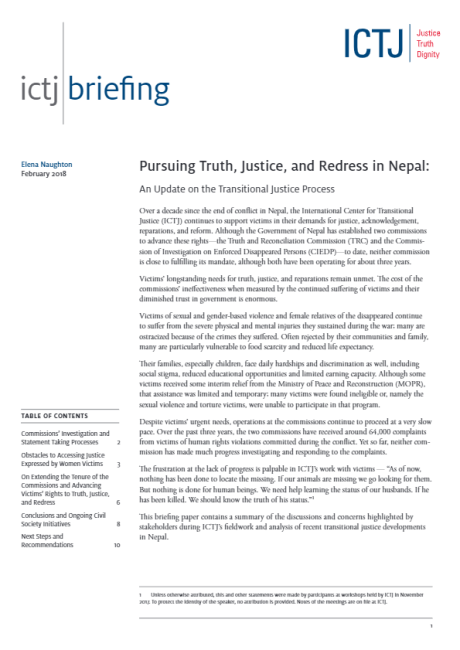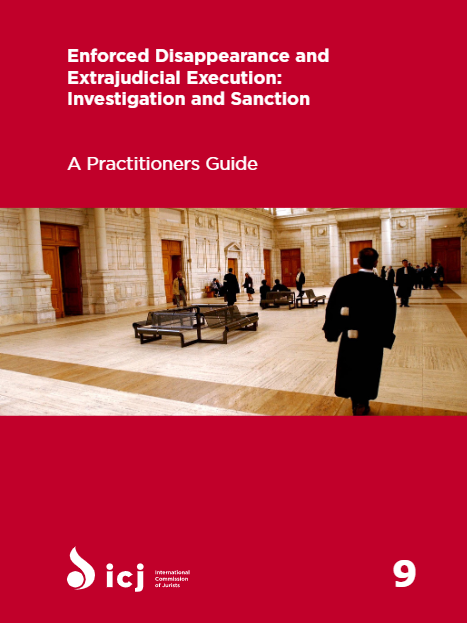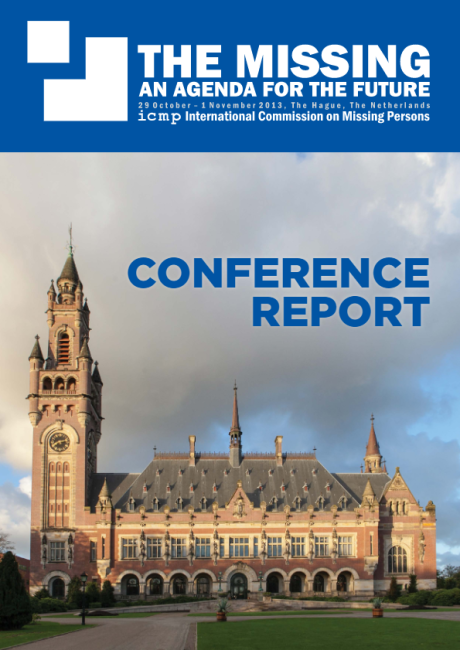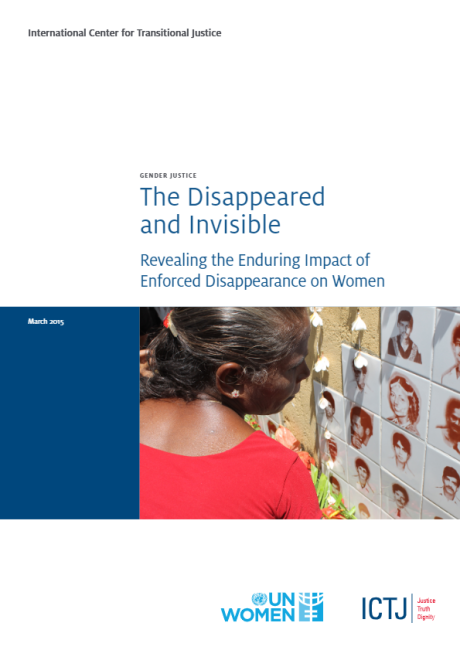
The Office on Missing Persons in Sri Lanka: The importance of a primarily humanitarian mandate
This article attempts to situate the Office on Missing Persons (OMP) in Sri Lanka in relation to varying approaches to mechanisms for searching for the missing. In particular, the article examines the possible tensions between a humanitarian and an accountability-based mandate and supports the position of the International Committee of the Red Cross that these two approaches can in fact be complementary in nature. It goes on to contend that the OMP's mandate is primarily humanitarian rather than exclusively humanitarian, and analyzes how this distinction may impact possible criminal prosecutions. It emphasizes the importance of preserving the humanitarian character of the OMP with the objective of ensuring that the victims' rights are at the centre of transitional justice processes.



